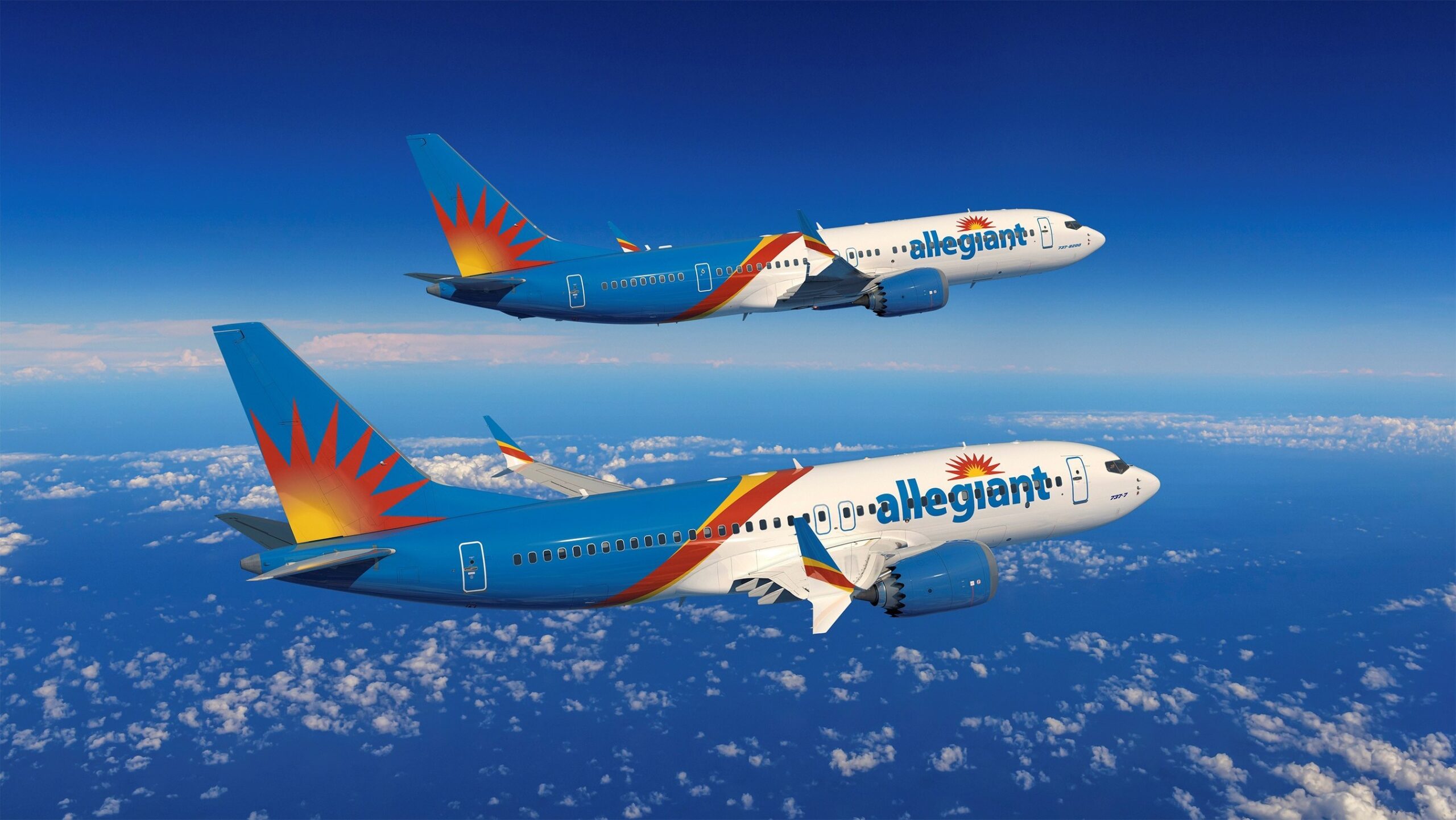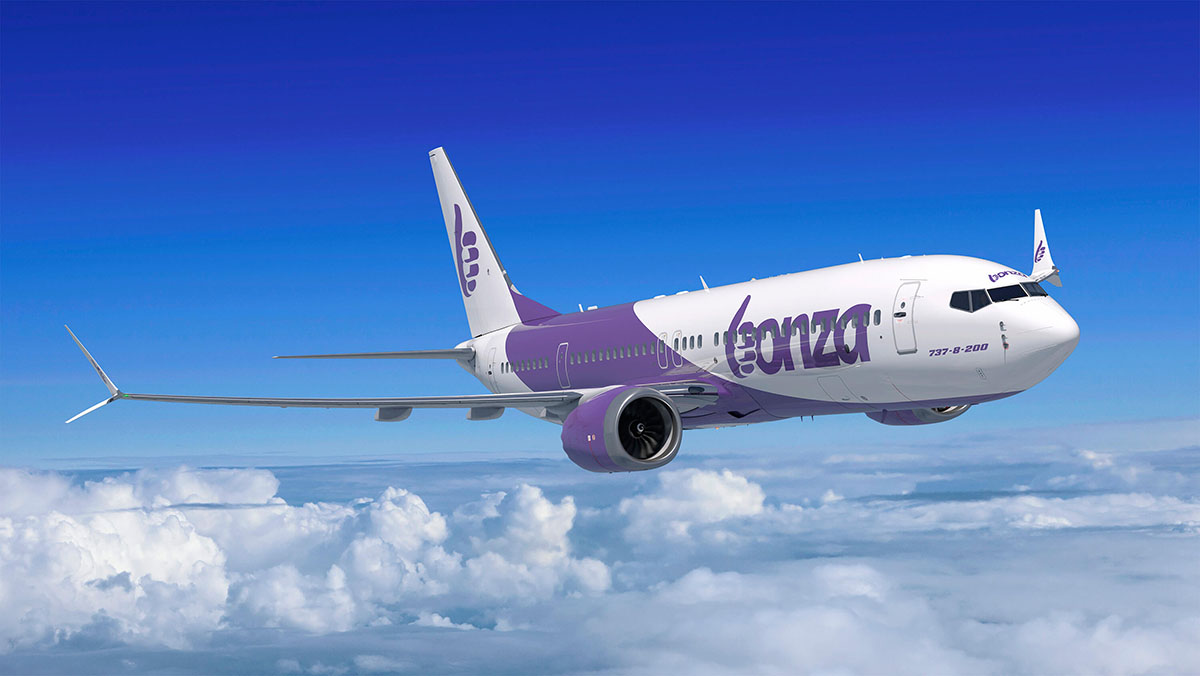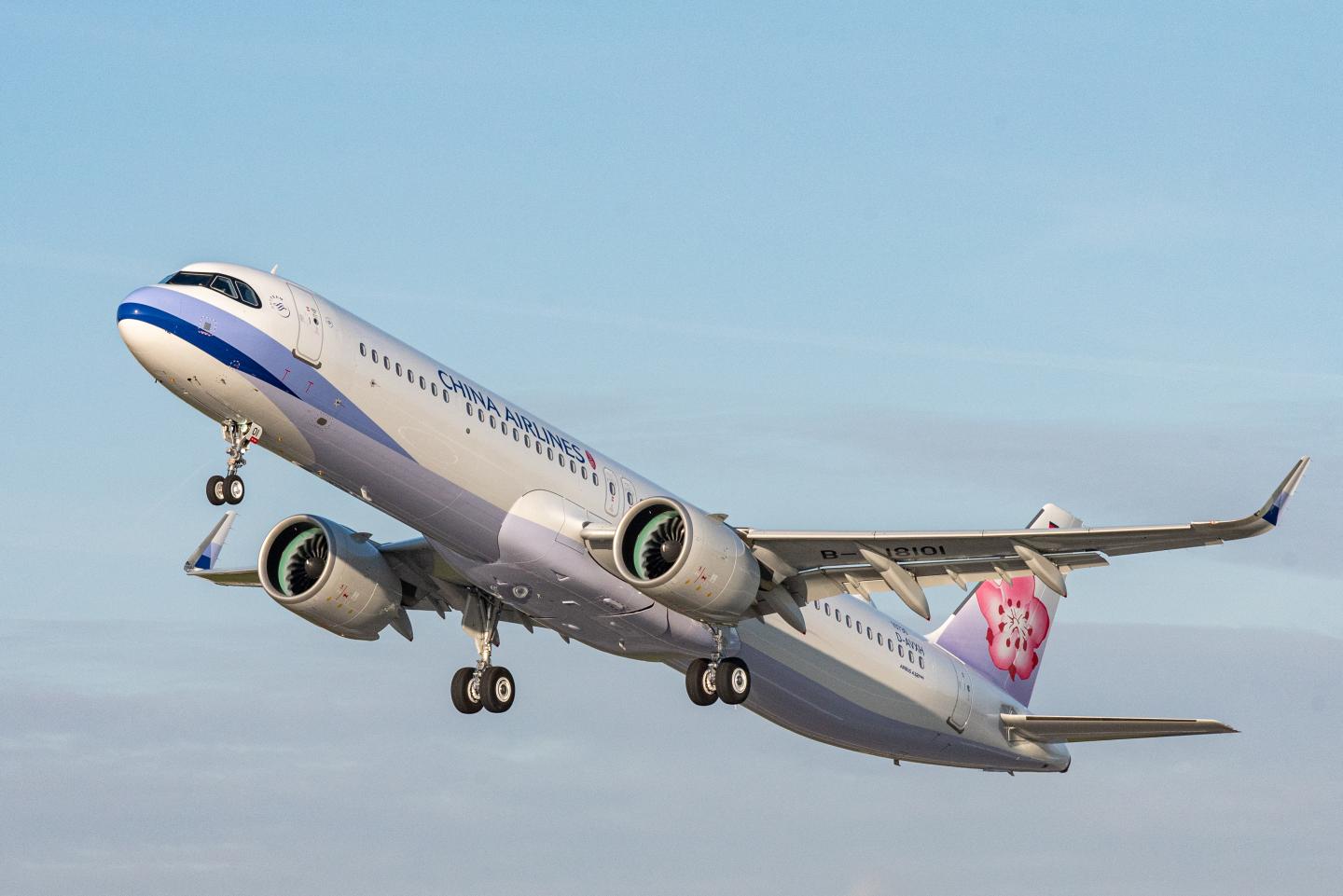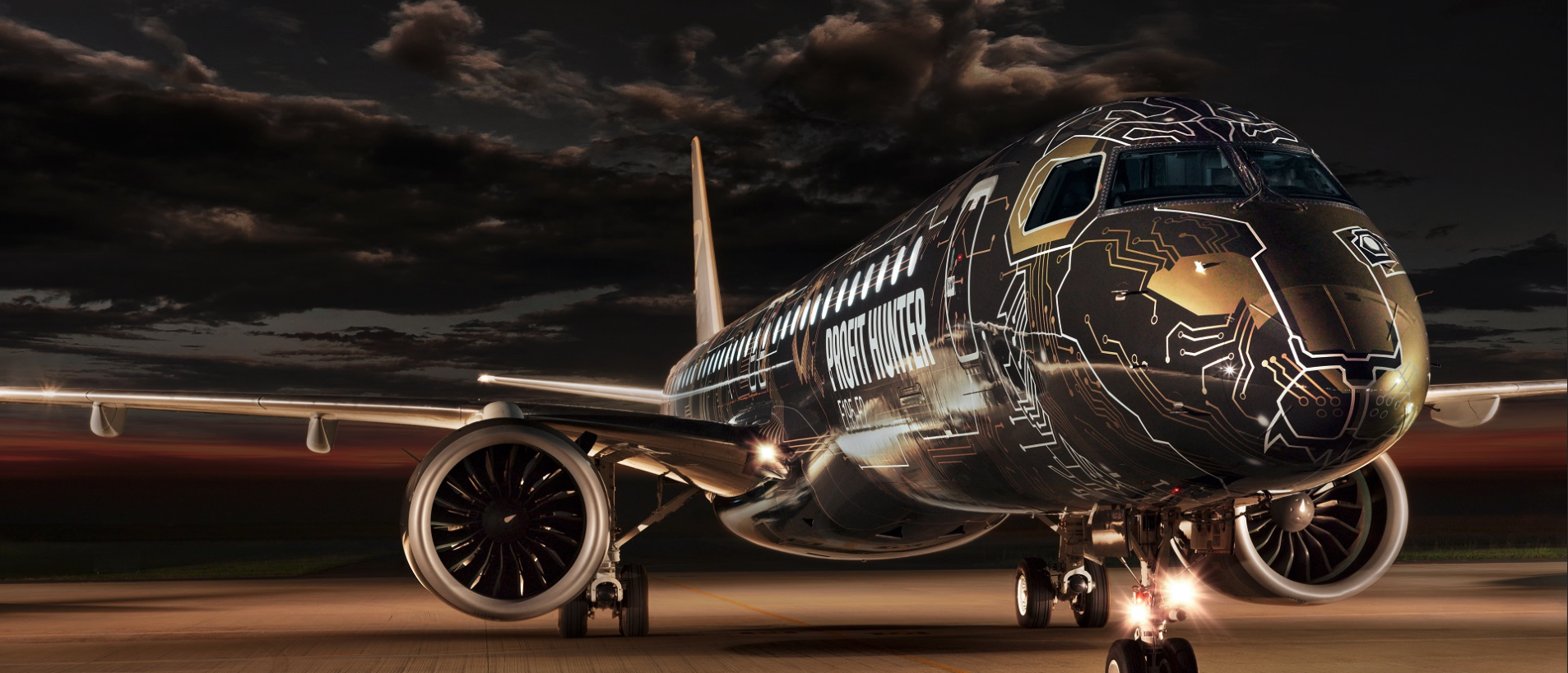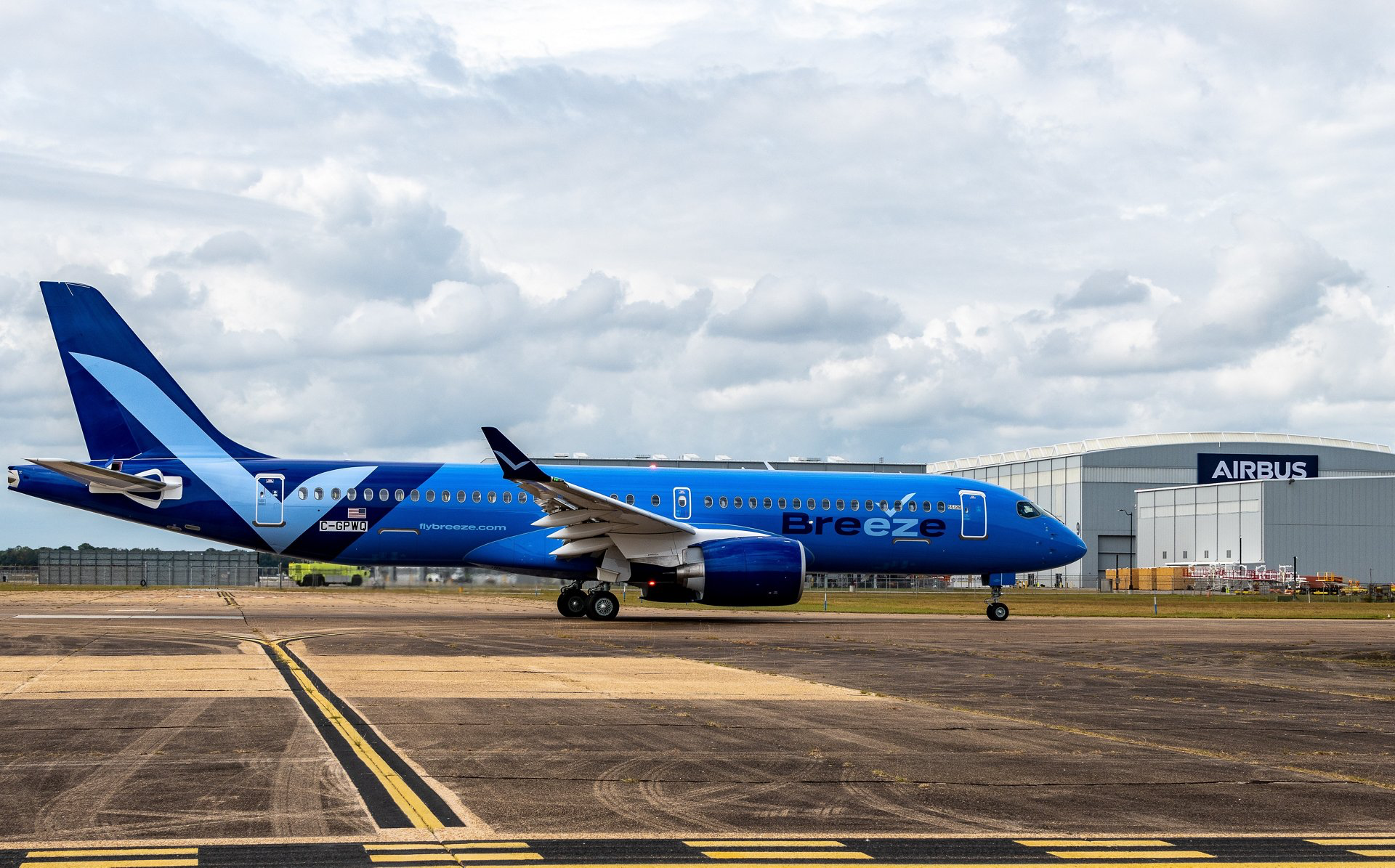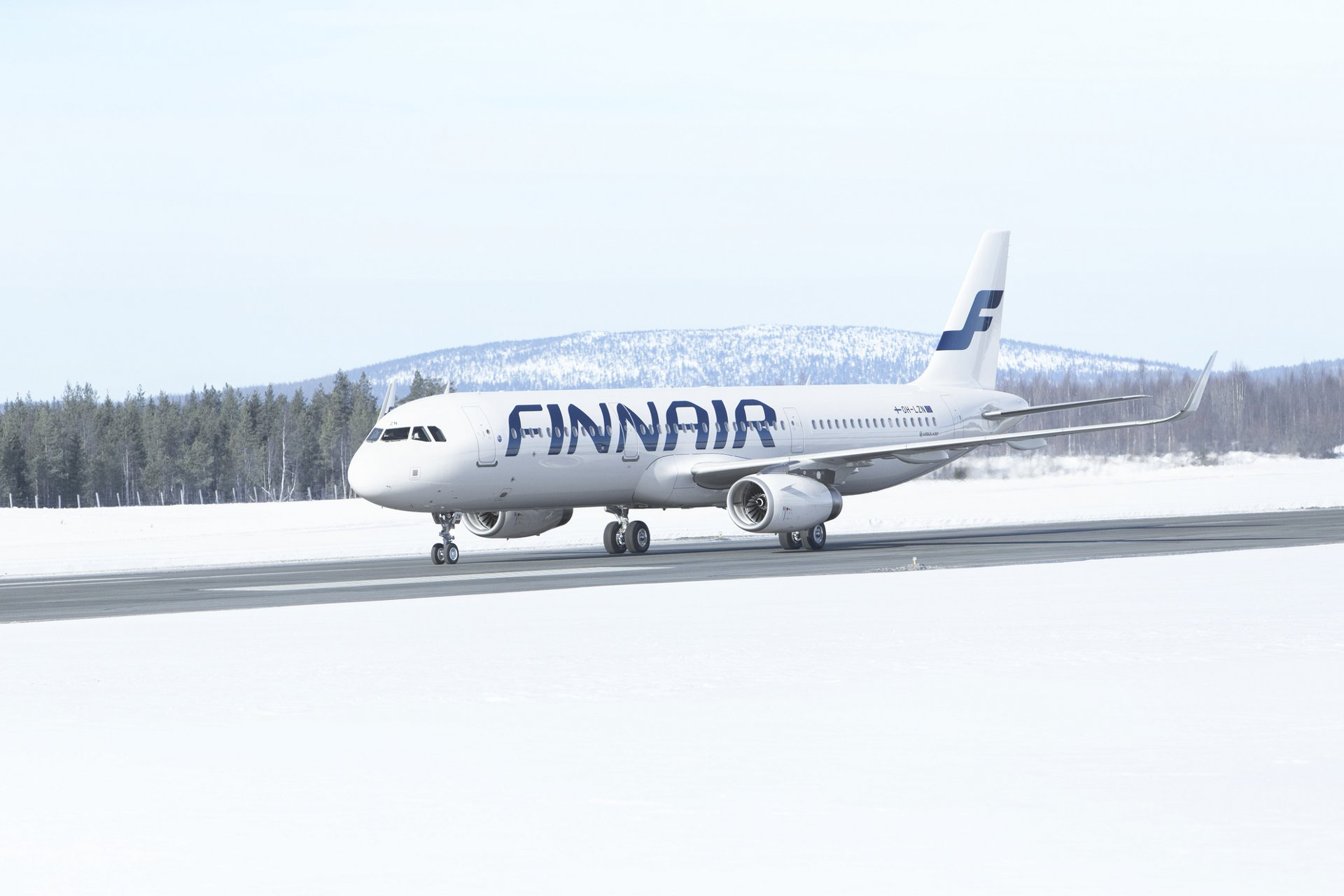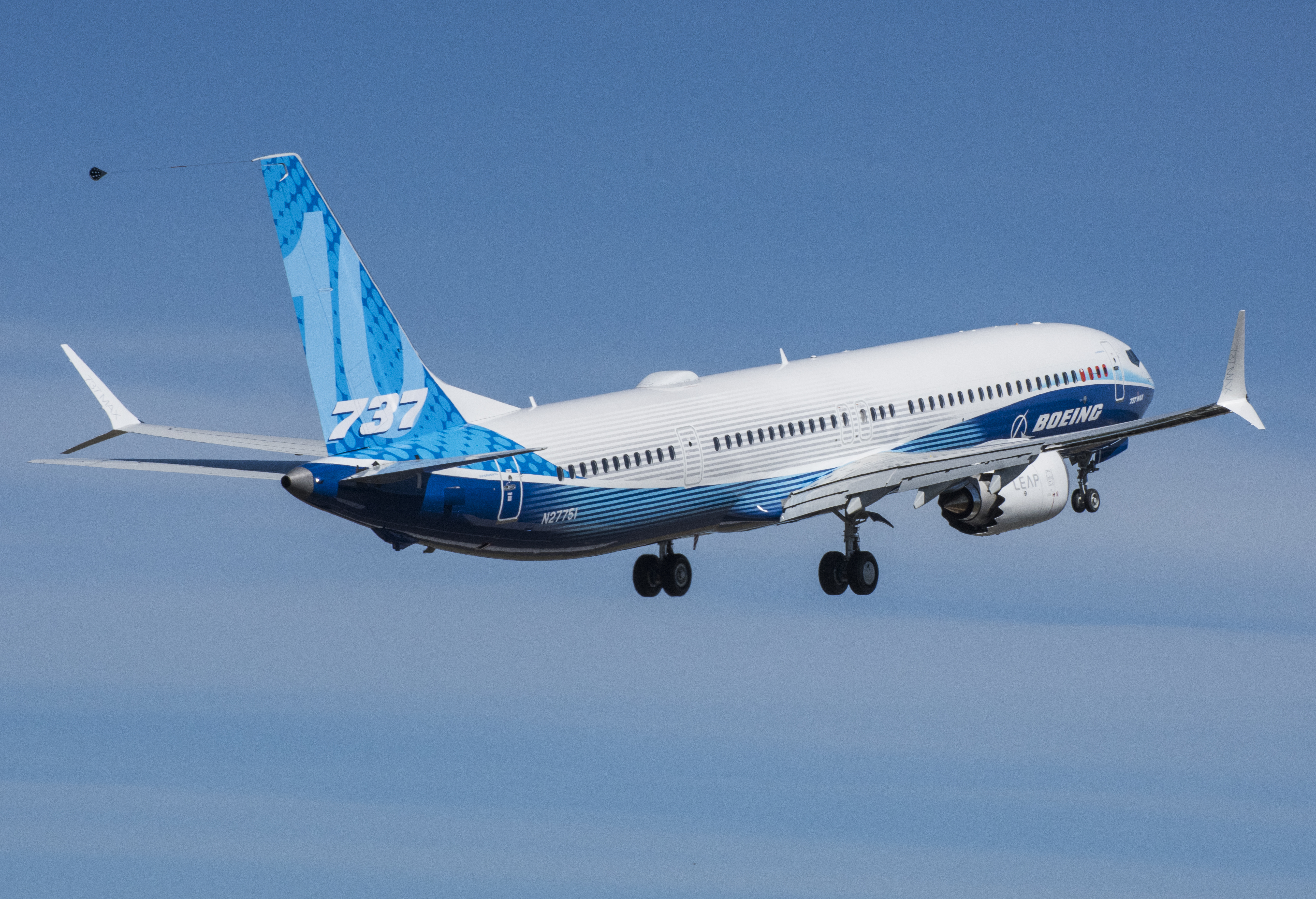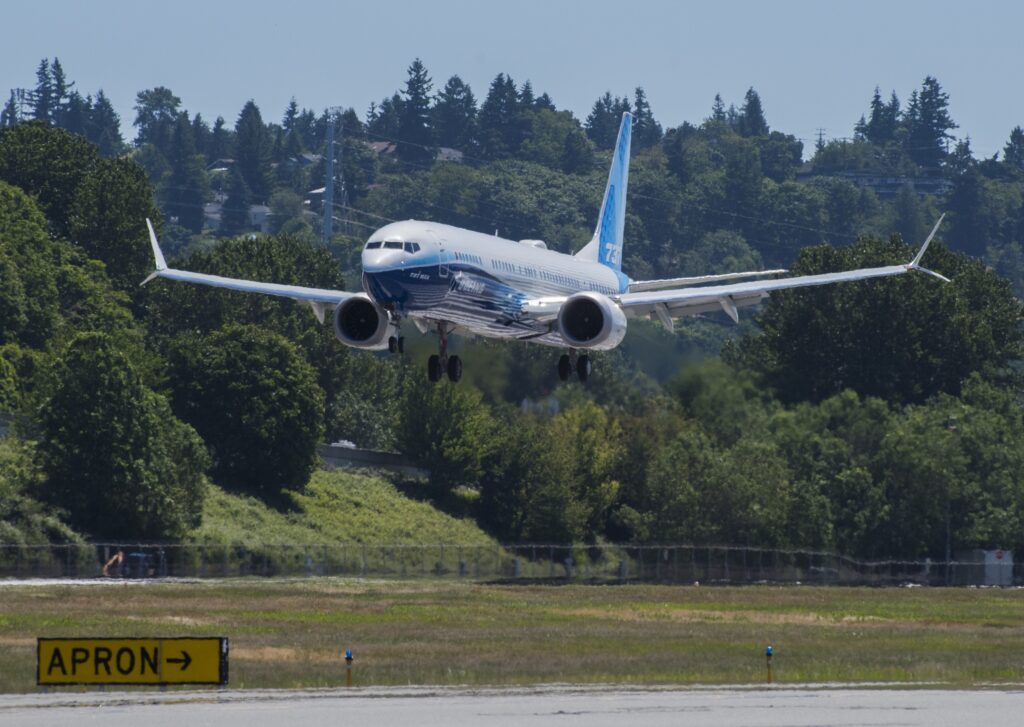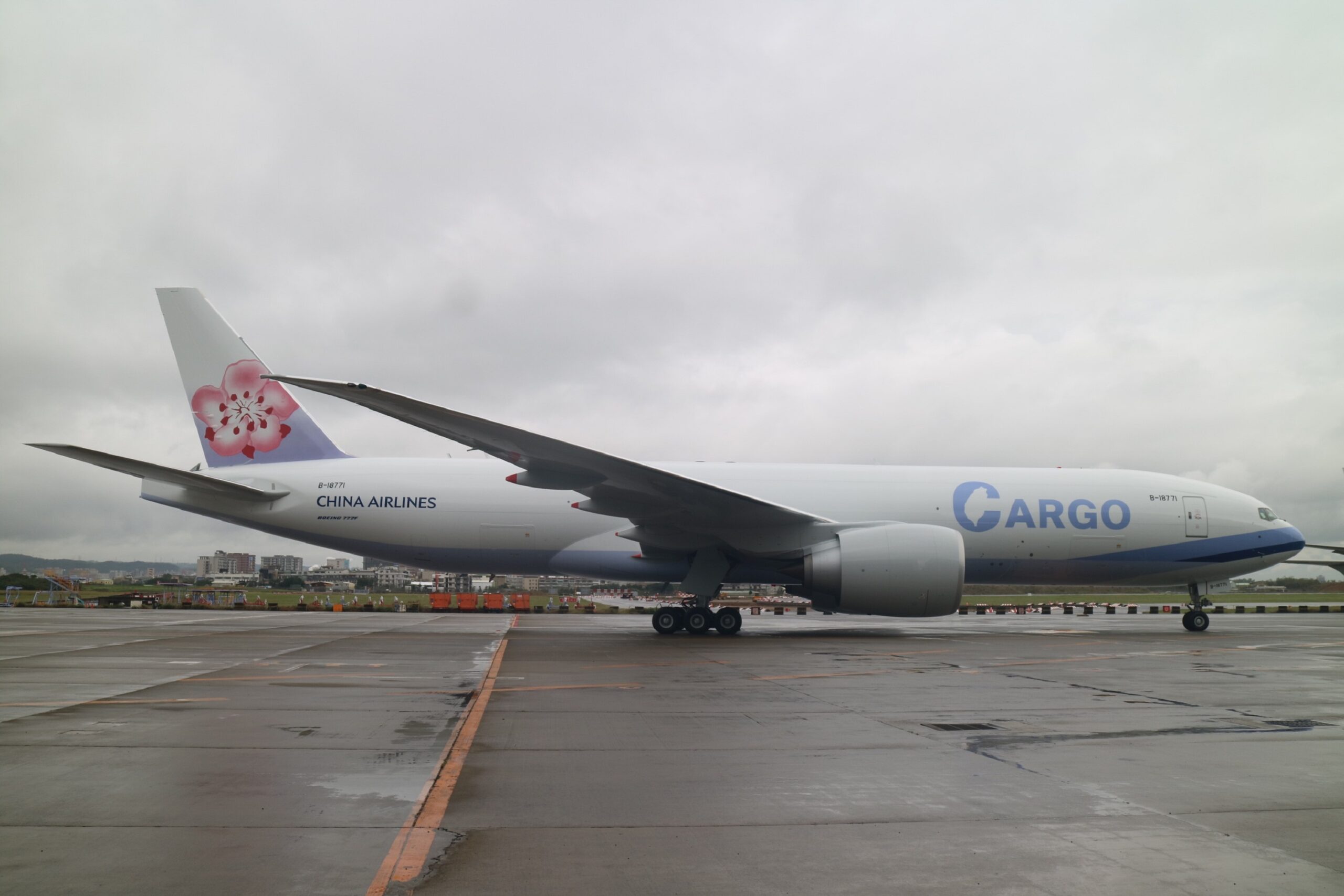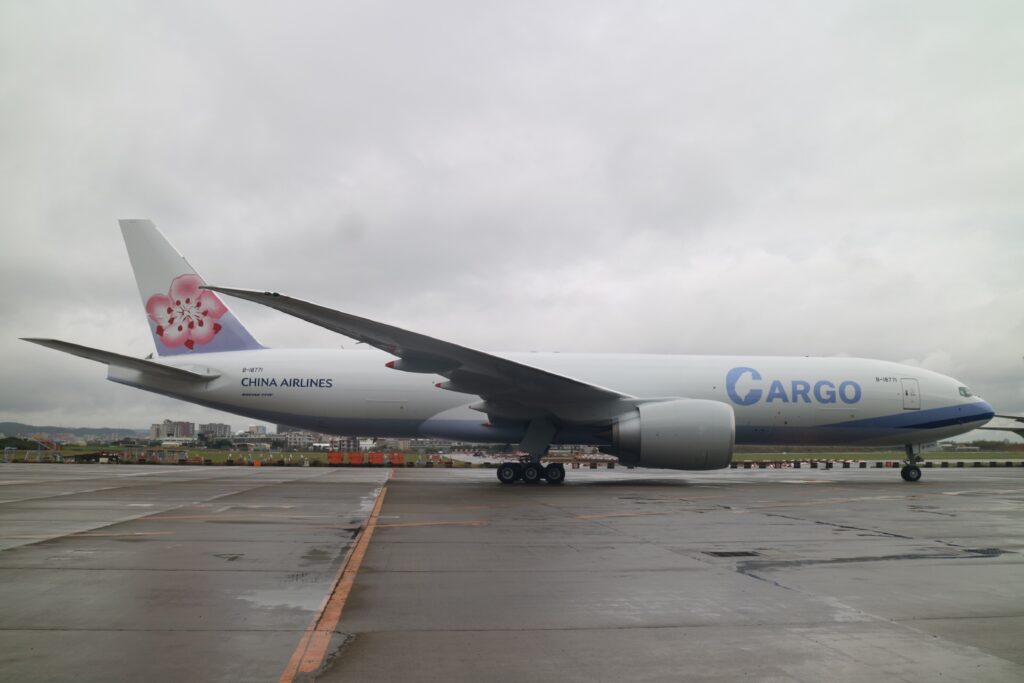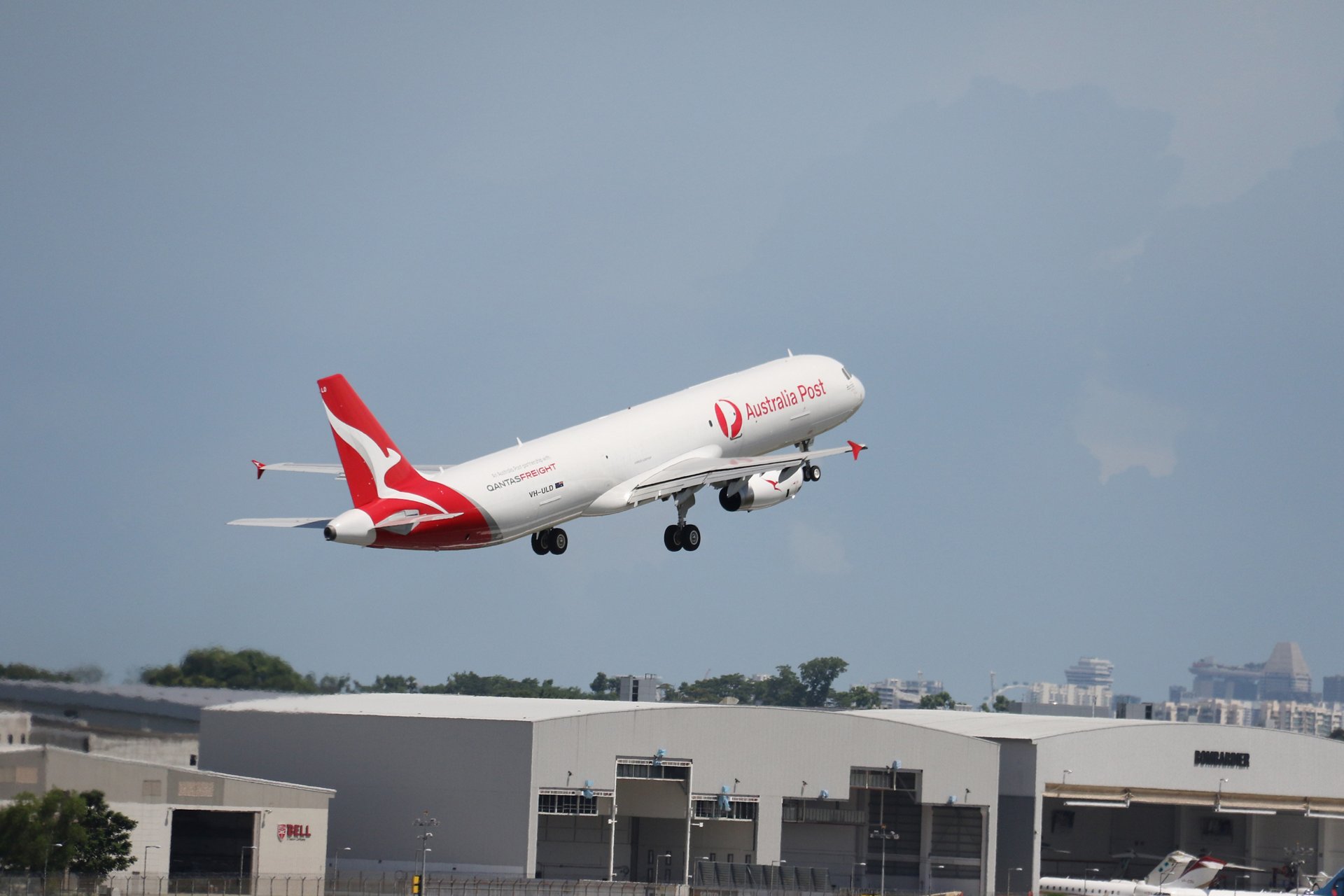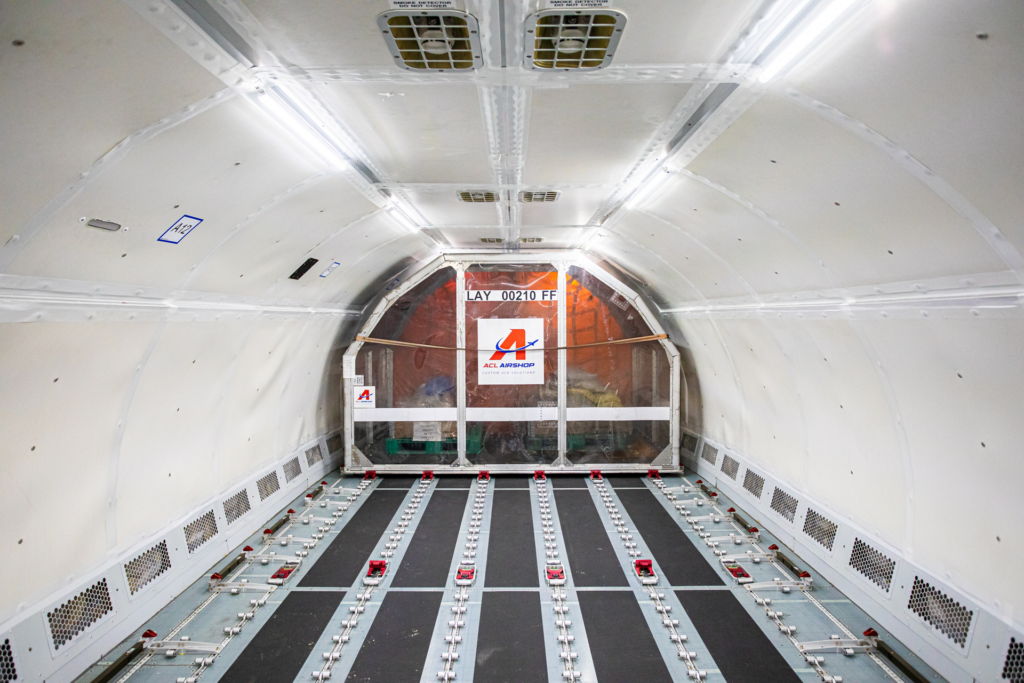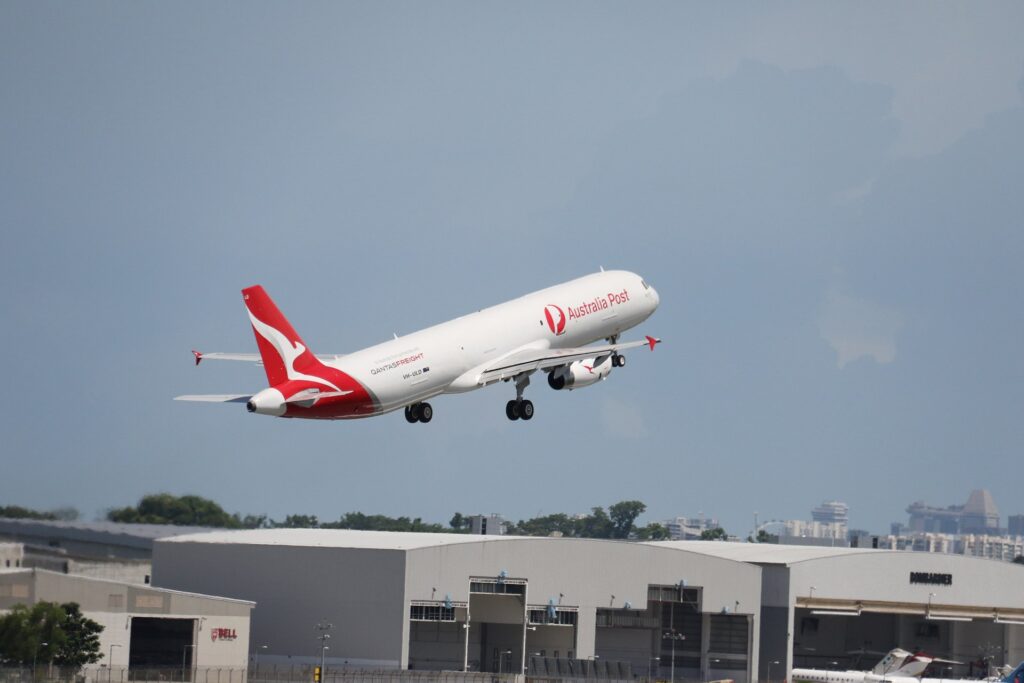Seattle, Washington, January 5, 2022 /PRNewswire/ – Boeing [NYSE: BA] and Allegiant Air (NASDAQ: ALGT) today announced an order for 50 737 MAX jets, with options for 50 additional airplanes. In Boeing’s first U.S. ultra-low cost carrier (ULCC) deal, Allegiant selected two models – the 737-7 and 737-8-200 – in the 737 MAX family, which provide the lowest seat-mile costs for a single-aisle airplane and high-dispatch reliability.
With commonality and improved fuel efficiency, the 737 MAX family enables airlines to optimize their fleets across a broad range of missions. The 737-7 provides low-operating costs that enable carriers to open new routes with less economic risk, and the larger 737-8-200 offers added revenue potential and is right-sized for ULCC market expansion. Compared to Allegiant’s current fleet, the new 737 models will reduce fuel use and carbon emissions by 20%.
Boeing and Allegiant will partner on entry-into-service support, enabling a smooth transition as the carrier adds the 737 into its operation. Allegiant will also utilize a suite of Boeing Global Services digital tools to further enhance operational efficiency. Allegiant currently operates a fleet of 108 Airbus A319 and A320 airplanes.
As a leading global aerospace company, Boeing develops, manufactures and services commercial airplanes, defense products and space systems for customers in more than 150 countries. As a top U.S. exporter, the company leverages the talents of a global supplier base to advance economic opportunity, sustainability and community impact. Boeing’s diverse team is committed to innovating for the future and living the company’s core values of safety, quality and integrity. Learn more at www.boeing.com.
